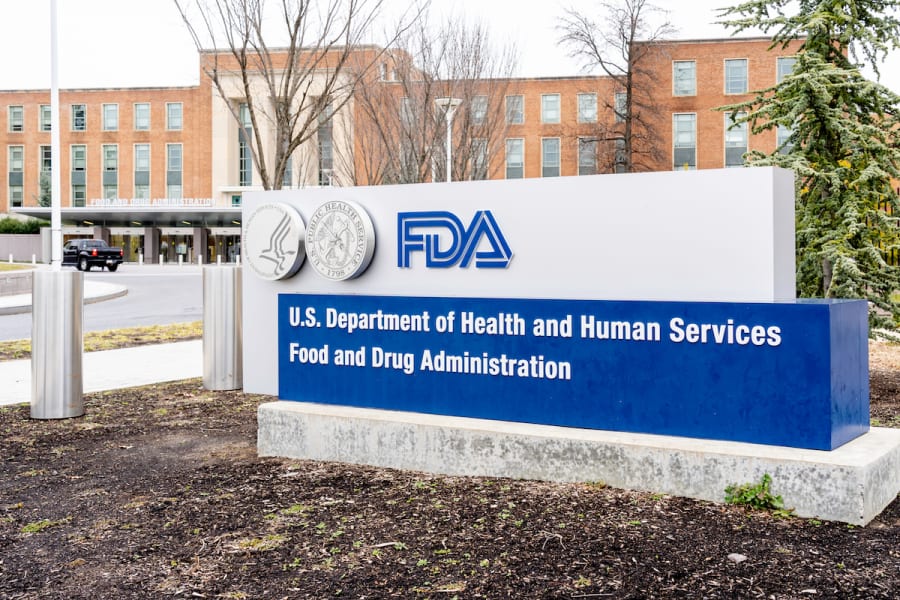Could Israel take China’s place as America’s medical supply source?
Faith-based Alabama non-profit takes the reins on reducing US dependency on China

A bipartisan faith-based non-profit in Alabama is leading a strategic campaign to make Israel a key hub of medical supplies for the United States, reducing the U.S.’ high dependency on China for medical supplies.
“National health security and national security are threatened by U.S. dependence on China for thousands of ingredients and raw materials to make our medicines,” testified Rosemary Gibson, author of “China Rx: Exposing the Risks of America’s Dependence on China for Medicine.”
In a practical step, the United States-Israel Education Association Alabama non-profit urged Capitol Hill to mandate the opening of a U.S. Food and Drug Administration office in Israel.
The disruption of global supply chains during the 2020-2021 COVID-19 pandemic underscored America’s unhealthy dependency on China for medical-related supplies. Peter Pitts, former associate commissioner of the FDA, told The Times of Israel that Israel and the larger Middle East could stabilize the critical medical supply to the American market.
“We have to be able to protect our supply of necessary medical products to the United States,” Pitts said. “And, theoretically, by working with Israel, for example, or the United Arab Emirates or Morocco or Bahrain, we can move some of the manufacturing for these essential medical products out of China.”
Pitts noted that protecting the U.S.’ medical supplies could come from having them “manufactured in countries more friendly to the United States.”
In May 2020, Republican U.S. Senator Ted Cruz articulated his concerns about China and said he viewed Israel as a crucial component in a non-Chinese medical supply chain.
“Our dependence on China for life-saving medications and treatments is deeply problematic. By expanding partnerships with Israel – an ally and a global leader in medicine – to develop coronavirus treatments, this legislation is a common sense step to address that threat,” Cruz said.
During his former tenure as Israel’s prime minister, Benjamin Netanyahu presented a vision that established Israel as an important player in the global medical supply chain.
In February 2021, Netanyahu told Israel’s Channel 12 that the Israeli government was negotiating with Pfizer and Moderna about establishing vaccine production facilities in Israel.
“I am negotiating with them to build two factories in Israel – making us a global center in the fight against COVID-19,” Netanyahu said at the time.
Asher Salmon, international relations head at the Israel Health Ministry, told The Times of Israel that ministry officials “are looking for closer ties between Israel and the FDA in any area that will contribute to Israeli interests.”
While remaining positive, Salmon said he was uncertain about the optimal structure of potential U.S.-Israeli medical cooperation.
“We are not sure what is the proper structure, whether opening an office in Israel will improve the situation or not improve it. We are open to discussions on how an office should be opened, if there is a need for an office to be opened, what it should contain in order to be effective,” Salmon said.
California Democrat U.S. Representative Lou Correa of the Homeland Security Committee, who visited Israel in May with a bipartisan group of congressmen, said he believes that Israel is strategic to the U.S. economy.
“I never look at Israel or parts of the Middle East as being far away. I look at them as strategically part of the U.S. economy, part of our future. So Israel, I say, can and should be part of this …. But don’t forget, there’s other countries in this area that can be part of a manufacturing miracle,” Correa said.

The All Israel News Staff is a team of journalists in Israel.














